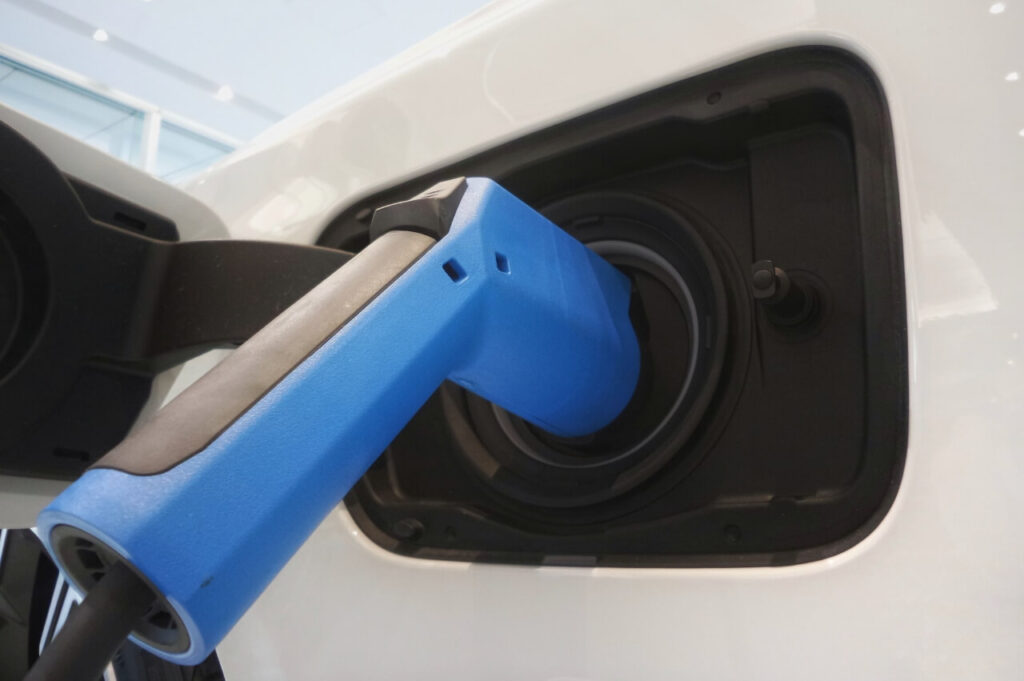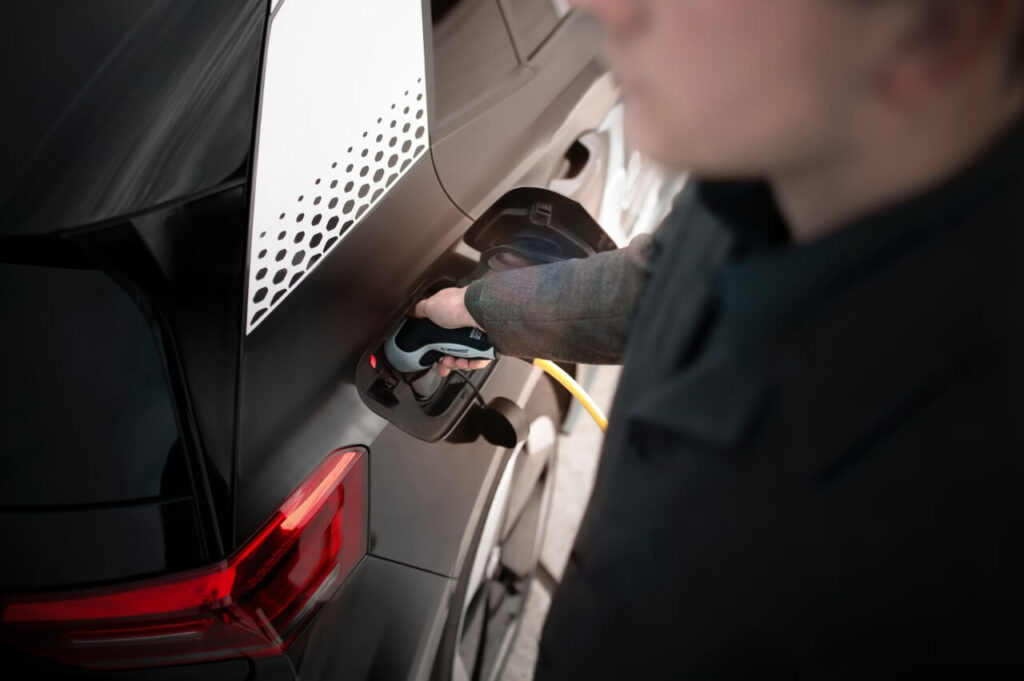EV Mythbusting: EVs Aren’t Safe
An Honest Look at Electric Vehicle Safety
The next generation of vehicles looks to be turning electric. These cars are better for the environment, but are they safer for the driver or others? There are some misconceptions about electric vehicles, but here’s an outline of why EVs are safe and how to prevent the real dangers.
The Safety of EVs
Though relatively early in development, EVs are generally safer than their internal combustion engine (ICE) counterparts. Gas-powered cars need fuel, which is subject to explosions because of its flammability. On the other hand, EVs use lithium-ion batteries—which are also flammable—but they have coolant as protection in case they short-circuit.

EVs are also safer for owners because they don’t require much maintenance. These battery-powered cars have fewer parts, reducing the odds that something goes wrong. For example, an ICE vehicle has nearly 2,000 parts in the drivetrain, while an EV only has 20.
EVs offer more protection for drivers and everyone else on the road because of their lower environmental impact. They run on batteries, so there are no tailpipe emissions. ICE vehicles generate high pollution levels, contributing to smog in many cities.
The Risks of EVs
EVs are generally safe vehicles, but these three elements are reasons people see EVs as dangerous. Fortunately, there are ways for EV drivers to protect themselves and others around them.
Car Washes
Many EVs today have autonomous driving features, which rely on sensors to detect other vehicles. Taking the self-driving car through a car wash can disrupt visual sensors with leftover soap. Also, the high-powered brushes can knock the calibration off.
One solution is to hand wash the car to control the soap residue and do gentle cleaning.
Electrocution
Working with EVs brings the risk of electrically shocking yourself or electrocution. An Institute of Electrical and Electronic Engineers study examined the dangers of EVs and electrocution. The voltages of EVs range from 346 to 800, depending on the car. When the vehicle crashes, the voltage dips to 60.
The study recommends an approach with external bleeder circuits and internal machine windings. The results found faster discharge times—about five seconds—than the typical marks in the industry today. Electrocution is not a grave concern unless you actively touch the lithium-ion battery or the orange-coded high-voltage wires. To be safe, only allow professionals to handle the battery, especially if the EV has just been in an accident.

Lack of Sound
One distinct feature of EVs is the lack of sound. The cars are quiet when running on the road, which is good because they don’t disturb neighbors, especially at night when people are trying to sleep. EVs reduce air pollution and noise pollution, helping the environment.
But a lack of noise can be dangerous. Pedestrians, cyclists and others rely on a car’s sound to know when to get out of the way. With EVs, it’s much harder to detect. It can also be burdensome to those with visual problems. Automakers mitigate that problem with acoustic vehicle alert systems (AVAS). EVs don’t produce much sound, so the AVAS simulates a sound as an alert system.
EVs Provide Personal Protection
Automakers worldwide have made plans to switch entirely to EVs. This transition is good for the environment, but it leaves some with questions.
EVs pose dangers like any car, but their standards are just as high as any gas-powered vehicle. Generally, EVs are safer because they have fewer components and less flammability.

2 thoughts on “EV Mythbusting: EVs Aren’t Safe”